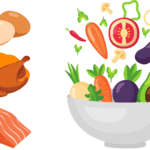
Berdi
urinary Track Health
Are you looking to embrace your golden years with vitality and health? Ageing gracefully isn’t just about looking good; it’s about feeling good and staying active and engaged as you get older. With the right approach, you can maintain your health and vitality, ensuring that your later years are as fulfilling as your younger ones.
Imagine yourself brimming with energy, mentally sharp, and tackling new adventures well into your later years. That’s the essence of ageing gracefully – embracing the natural process of ageing while optimising your health and well-being for a fulfilling life.
Ageing is a natural process that involves a gradual decline in physical and cognitive abilities. However, the pace and impact of ageing vary widely among individuals. Maintaining good health in later life is crucial as it affects your overall quality of life, independence, and ability to enjoy activities that bring you joy.
As you age, your body undergoes a series of changes. Metabolism slows down, making it easier to gain weight and harder to maintain muscle mass. Cell function declines, increasing the risk of chronic diseases like heart disease and diabetes. But here’s the good news: these changes aren’t inevitable setbacks. By adopting healthy habits, you can significantly improve your chances of ageing gracefully and living a long, vibrant life.
Here’s a roadmap to navigate ageing gracefully, packed with science-backed tips to keep your body and mind thriving:
What you eat directly impacts your health at every stage of life, and it’s even more crucial as you age. A balanced diet rich in fruits, vegetables, whole grains, and lean proteins provides essential vitamins, minerals, and antioxidants that fight inflammation and reduce the risk of chronic diseases. Studies show that a diet high in nutrients and low in processed foods can reduce the risk of chronic diseases and promote longevity. Don’t forget to stay hydrated! Water flushes toxins promotes digestion, and regulates body temperature, all crucial for optimal health.
Nutrients like antioxidants, vitamins, and minerals combat oxidative stress and inflammation, both of which contribute to ageing. Omega-3 fatty acids, found in fish, help maintain brain health and reduce the risk of dementia.
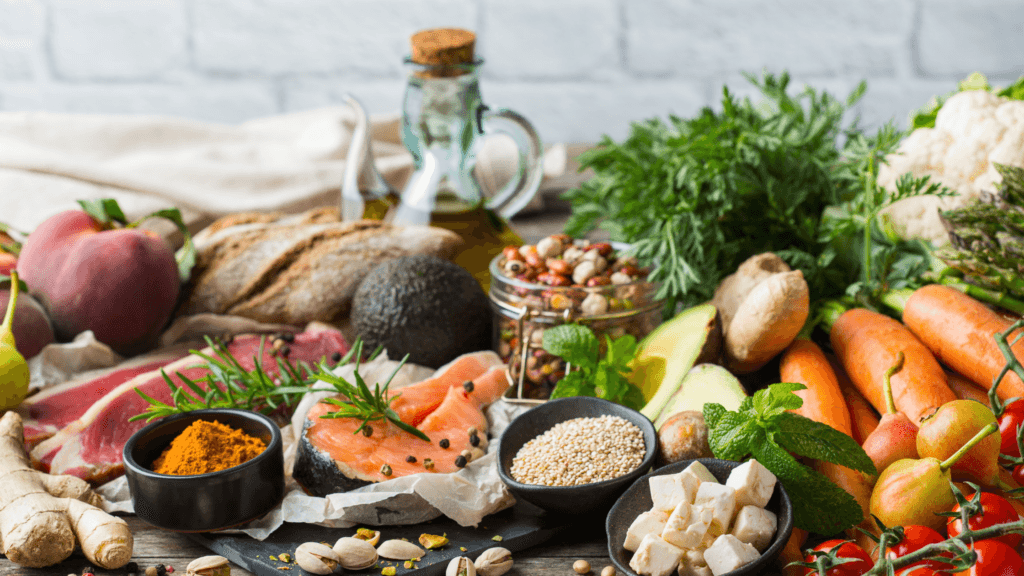
Regular physical activity is a cornerstone of ageing gracefully. Exercise strengthens muscles and bones, improves cardiovascular health, boosts cognitive function, and even elevates mood. Exercise helps maintain muscle mass, bone density, and cardiovascular health, which are essential as you age. A study by Nelson et al. (2007) found that older adults who engage in regular exercise have better physical and mental health outcomes.
Exercise stimulates the production of proteins that repair damaged cells, reduce inflammation, and enhance neuroplasticity, which can help maintain cognitive function. It also helps manage weight and reduce the risk of chronic diseases such as diabetes and hypertension.
Aim for at least 150 minutes of moderate-intensity exercise or 75 minutes of vigorous-intensity exercise per week. This can include brisk walking, swimming, cycling, dancing, or any activity you enjoy. Even small changes, like taking the stairs or parking further away, can make a big difference.
Just like your body, your brain needs exercise to stay sharp. Engaging in cognitive activities like learning a new language, playing chess, solving puzzles, or reading challenging books stimulates brain cell growth and strengthens existing neural connections.
Research in the journal “Dialogues in Clinical Neuroscience” suggests that cognitive training can improve mental functions in older adults. Cognitive stimulation promotes neurogenesis (the creation of new neurons) and strengthens neural connections, which can delay cognitive decline and reduce the risk of Alzheimer’s disease.

Sleep is essential for physical and mental well-being at any age, but it becomes even more critical as we age. During sleep, your body repairs tissues, consolidates memories, and regulates hormones. Sleep allows the body to repair itself and consolidate memories, which is crucial for cognitive function. Poor sleep can lead to increased stress hormones, weight gain, and a higher risk of chronic diseases.
Aim for 7-8 hours of quality sleep each night to maintain cognitive function, emotional regulation, and a healthy immune system.
Chronic stress wreaks havoc on your health, increasing inflammation and the risk of chronic diseases. Techniques like meditation, deep breathing exercises, yoga, and spending time in nature can effectively manage stress and promote relaxation. Stress management practices reduce cortisol levels, which can help decrease inflammation and lower the risk of stress-related illnesses like heart disease and depression. Prioritize activities you find calming and enjoyable to cultivate inner peace and improve your overall well-being.
Social connection is vital for emotional well-being and cognitive health. Strong social ties provide support, reduce loneliness, and foster a sense of belonging. Nurture your relationships with loved ones, join social groups, or volunteer in your community. Social interaction keeps you engaged, and mentally stimulated and adds purpose to your life.

Certain supplements may offer additional support for healthy ageing. High-quality supplements like Route2Health’s Hicrom Plus, which contains coenzyme Q10, L-carnitine, and chromium, play an essential role in helping you age healthily.
Consider a supplement like Hicrom Plus, which combines CoQ10, L-Carnitine, and Chromium for a well-rounded approach to supporting healthy ageing.
There’s no single “best” diet, but research suggests the Mediterranean diet, rich in fruits, vegetables, whole grains, and healthy fats, promotes heart health, longevity, and cognitive function.
Aim for at least 150 minutes of moderate-intensity exercise or 75 minutes of vigorous-intensity exercise per week. Even small changes, like taking the stairs, can make a big difference.
Engage your brain with activities like learning a new language, playing chess, solving puzzles, or reading. Lifelong learning can help prevent cognitive decline and reduce the risk of dementia.
Sleep is crucial! Aim for 7-8 hours of quality sleep each night to maintain cognitive function, emotional regulation, and a healthy immune system.
Certain supplements like Route2Health’s Hicrom Plus may offer additional support for healthy ageing. Speak with your doctor before starting any supplements.
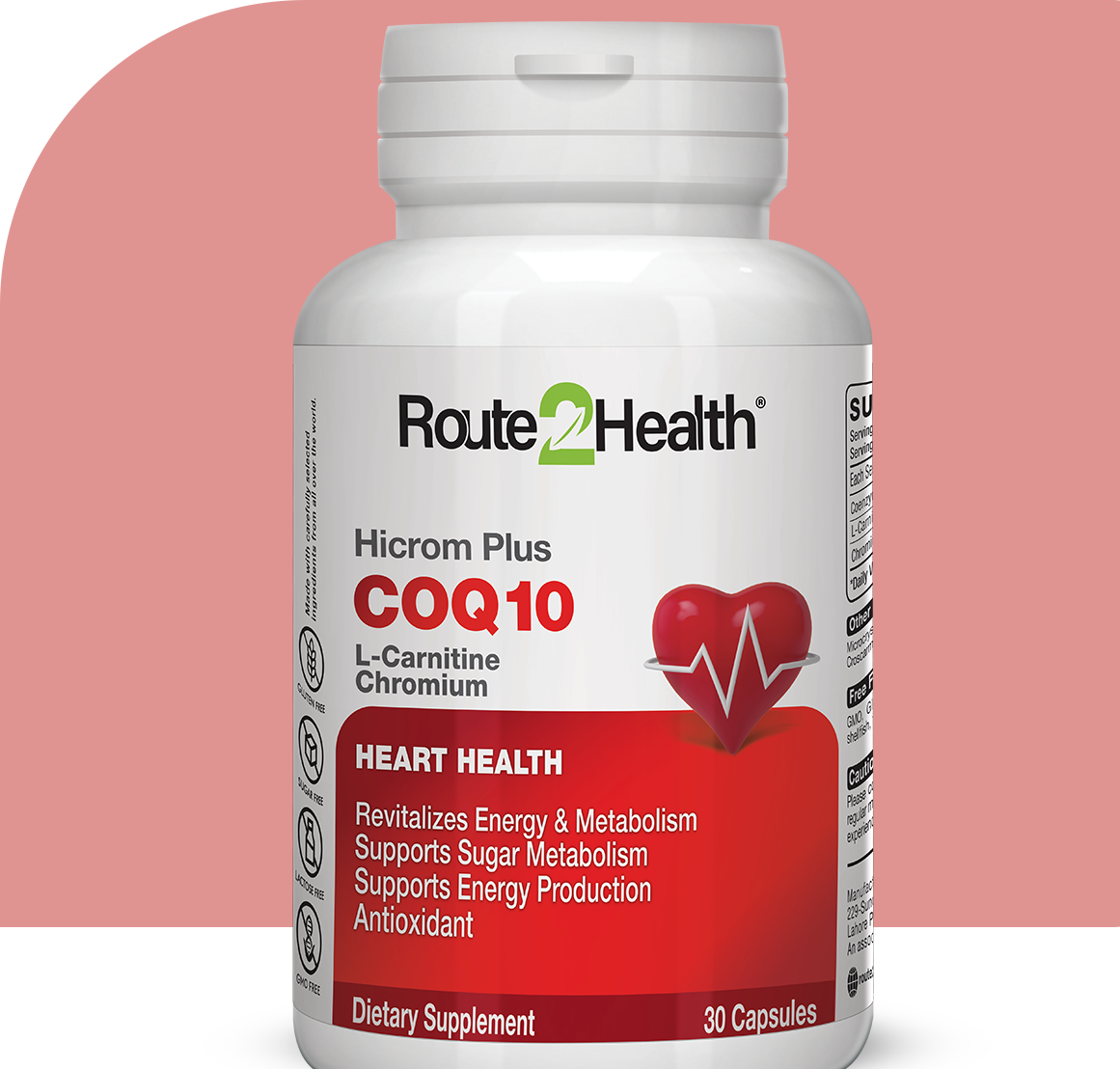

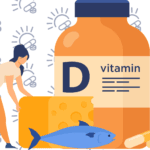

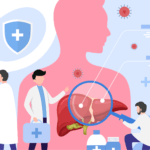
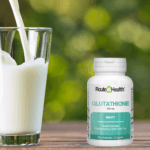

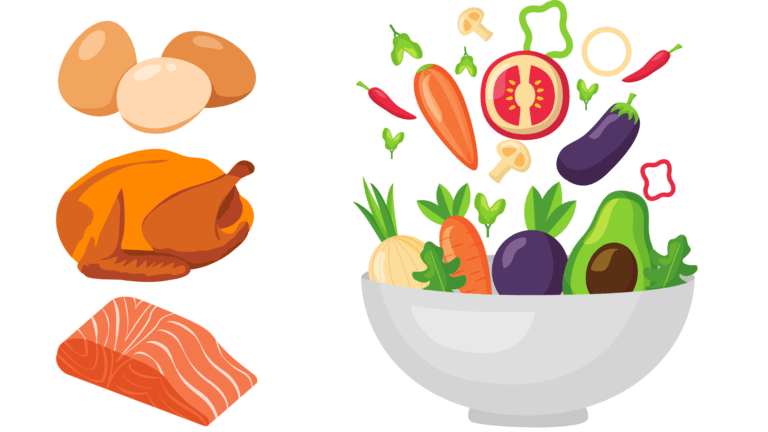
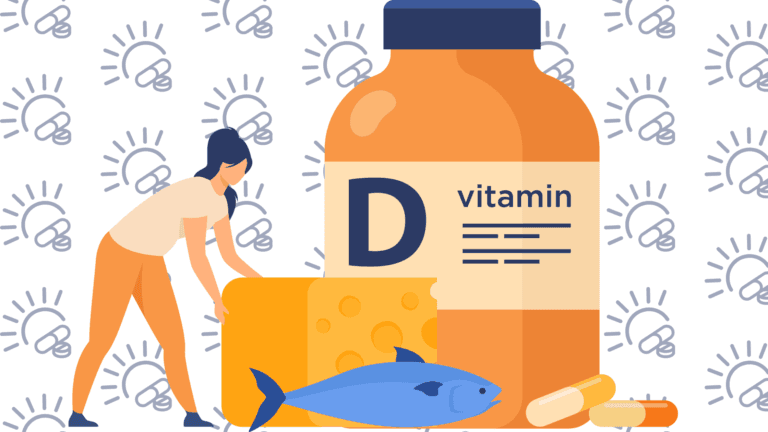

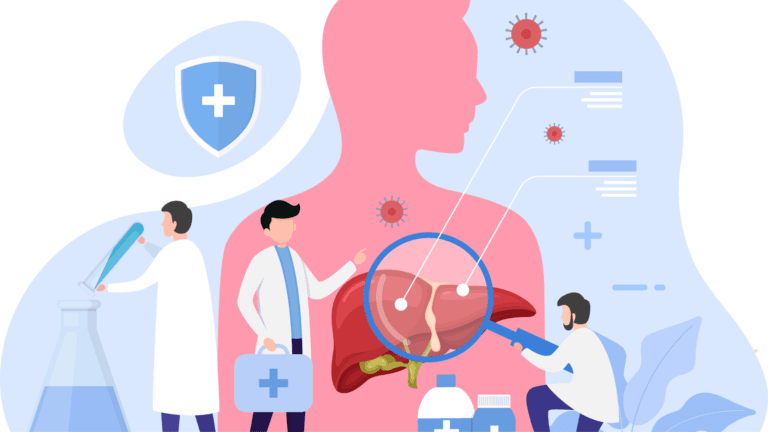
©2023 Route2Health®️
NTN: 2229383
AN ASSOCIATED COMPANY OF HIGHNOON LABORATORIES
STRN: 0301999937728

WhatsApp us
